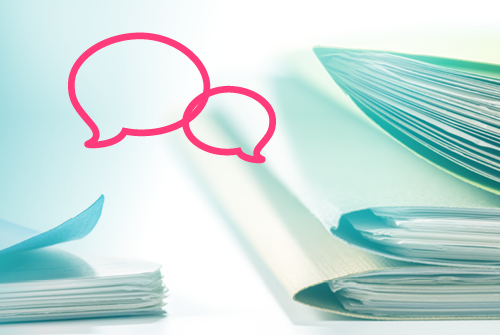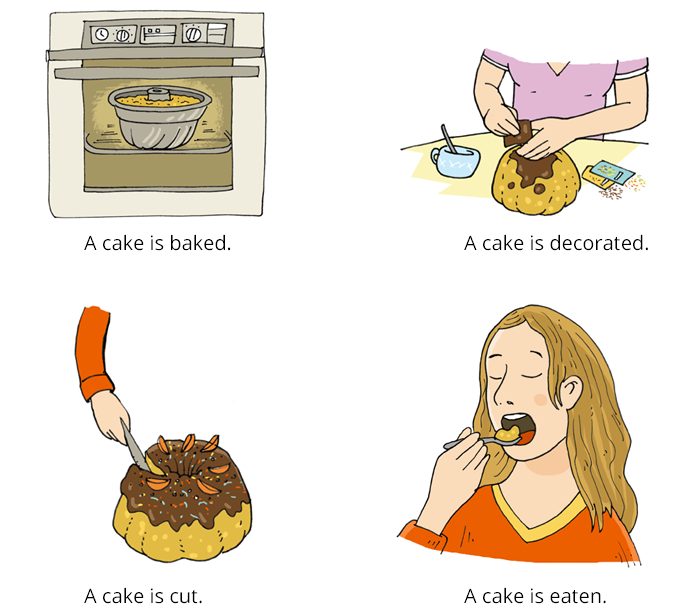Modalverben (should, shouldn't, be allowed to, be able to)
Die Modalverben should, be allowed to, be able to
Das Modalverb should
Mit dem Modalverb should kannst du:
- jemanden nach seiner Meinung zu einer Handlung fragen:
WhatshouldI do?
- die eigene Meinung zu einer Handlung äußern:
I think, youshouldwait.
Die Form von should bleibt immer gleich. Die Verneinung bildest du mit shouldn’t:
Shouldn’tI call him?
No, youshouldn’t!

Das Modalverb be allowed to
Das Modalverb be allowed to benutzt du wie dürfen. Dabei brauchst du natürlich immer die richtige Form von be:
| + | – |
|---|---|
| I am allowed to play | I’m not allowed to play |
| you are allowed to play | you’re not allowed to play / you aren’t allowed to play |
| he/she/it is allowed to play | he/she/it’s not allowed to play / he/she/it isn’t allowed to play |
| … | … |
Be allowed to in anderen Zeitformen
Du kannst be allowed to auch in anderen Zeitformen bilden, indem du die Form von be anpasst.
Simple past
As a little child I was allowed to sing and dance all the time.
But I wasn’t allowed to eat many sweets.
We were allowed to eat a lot of sweets.
Present perfect
We have always been allowed to sit together. Why not now?
Well, you haven’t been allowed to copy each other’s tests.
Will-future
I will be allowed to travel alone when I’m 16. But I won’t be allowed to move in with my boyfriend.

Noch nicht kapiert?
kapiert.dekann mehr:
- interaktive Übungen
und Tests - individueller Klassenarbeitstrainer
- Lernmanager
Das Modalverb be able to
Das Modalverb be able to benutzt du wie können. Dabei brauchst du natürlich auch die richtige Form von be:
| + | – |
|---|---|
| I am able to sing | I’m not able to sing / I’m unable to sing |
| you are able to sing | you aren’t able to sing / you’re unable to sing |
| he/she/it is able to sing | he/she/it isn’t able to sing / he/she/it’s unable to sing |
| … | … |
Be able to in anderen Zeitformen
Be able to kannst du genauso in anderen Zeitformen benutzen, wenn du die Form von be anpasst.
Simple past
Last year, I wasn’t able to dance, but now I am.
You were able to help me.
Present perfect
You have been able to find me. How?
I haven’t been able to find you.
Will-future
I hope, I’ll be able topass the test.
Of course, you will! But I won’t be able to help you.
kapiert.de passt zu deinem Schulbuch!
Buchreihen Englisch mein Schulbuch suchen



